Jane Frances
19 November 2019
Jane Frances
Jane Frances is a psychotherapist and was for many years Schools Specialist and Policy Advisor in Education at Changing Faces, UK. She is an expert in the psychology of visible difference.
She tells us of how findings from psychological research can help parents and teachers of children with Neurofibromatosis to better support them.
“I have worked with a lot of children with many conditions including NF, and I’ve found that the responses by other people to visible difference is pretty standard across conditions. The advice I give is based on research. ‘Common sense’, however well-intentioned, can lead to counterproductive interventions.
For example, if a child is staring at a child with a visible difference, the ‘natural’ reaction of the teacher is to say, ‘you mustn’t stare’. The result is that children learn to turn away, and the child with the difference feels even more isolated.
A better response is for the teacher to tell the staring child, ‘if you find yourself staring, smile and say ‘Hello, my name is Jane. What’s your name?’’
It is even more important that parents or the teacher coach the child who has NF to handle other children’s curiosity. The best strategy is for the child with NF to have something to say, like: ‘Don’t mind my lumps and bumps. I’ve got NF. Have you got something interesting about you?’ It is always good to round off with a question and engage – curiosity is the beginning of a relationship.
If the child is shy and nervous, the teacher might need to say, ‘Oh you’ve noticed Timothy’s unusual face. Well that’s the way Timothy’s face is, and did you know Timothy has a pet cat?’
We know from countless studies that it is harder for a child who looks unusual to make and keep friends. This is caused not by an aversion to the unusual face, but by an aversion to the stigma. The key, therefore, is to reduce or eliminate the stigma. The conversational strategies above will help. A curious stare is a door to a conversation and possible relationship.
Teachers’ expectations are also key: they need to hold in their heart really positive hopes for this child’s future. Many studies confirm the ‘Pygmalion Effect’: that lower expectations lead to lower results. Teachers aren’t doing children a favour by going easy on them. The child needs tough, high expectations.
These are just a few tips. You can get more information and resources for tackling issues of face equality and the impact of appearance at changingfaces.org.uk.”
– Jane Frances"The best strategy is for the child with NF to have something to say, like: ‘Don’t mind my lumps and bumps. I’ve got NF. Have you got something interesting about you? "
Filter News
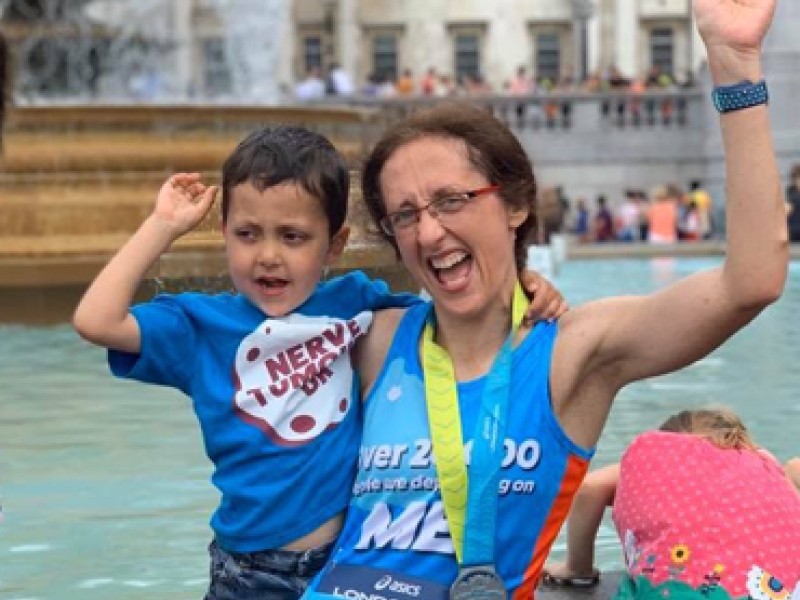
Joy’s NF1 story
Joy describes living with NF1; her son's diagnosis and support at school; fundraising and shining a light on NF
Read More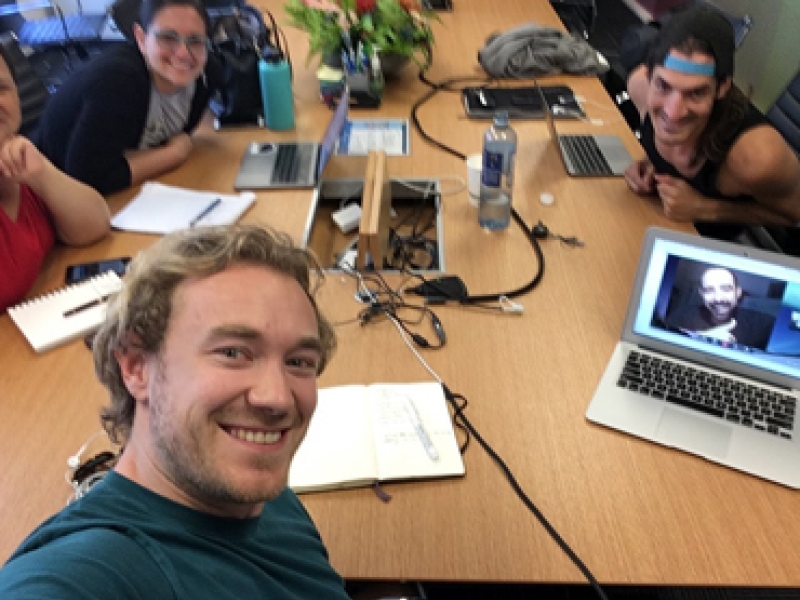
A man on a mission: Onno Faber and his NF2 journey
Onno Faber - since NF2 diagnosis aged 33, Onno is a man on a mission. Article courtesy of NEO.LIFE
Read More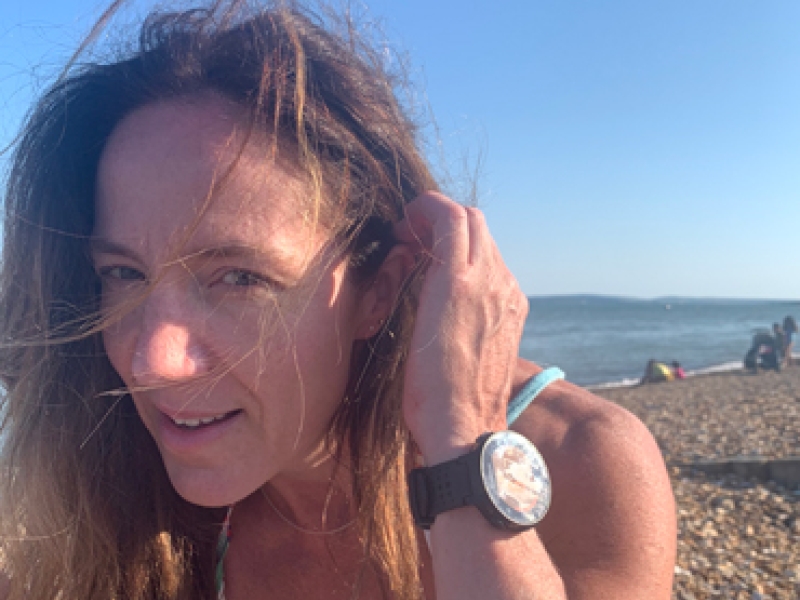
Kate’s NF1 Story & DanceAthon
Kate describes her son's NF1 journey and how NTUK supported them
Read More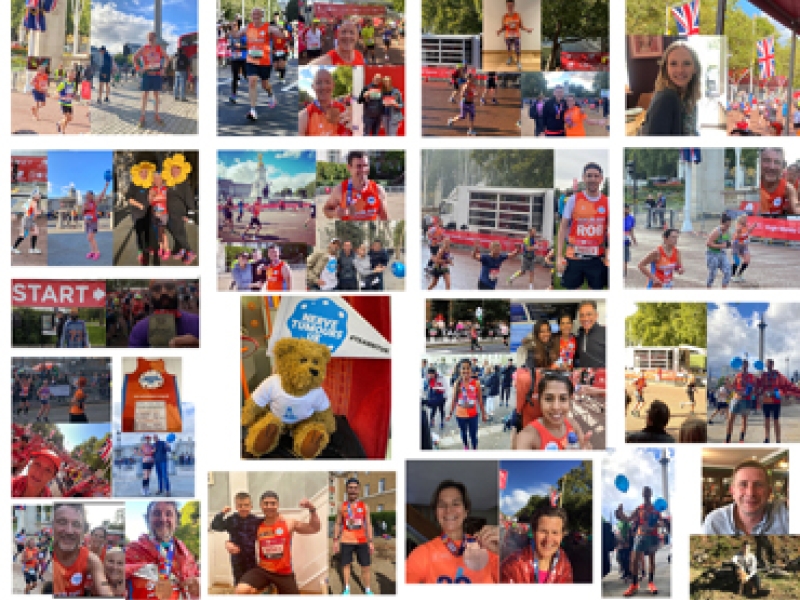
Strictly Come Running: London Marathon Class of 2021
Congratulations to our class of 2021 London Marathon runners
Read More
Nerve Tumours UK Specialist Neurofibromatosis Nurses attend the 2021 NHS England NF2 meeting
Read more about the England NF2 meeting - working together to improve the experience of NF2 patients
Read More
Douglas Thomson’s NF1 Story
Douglas describes life with NF1 and how losing his leg was one of the best things to happen to him
Read More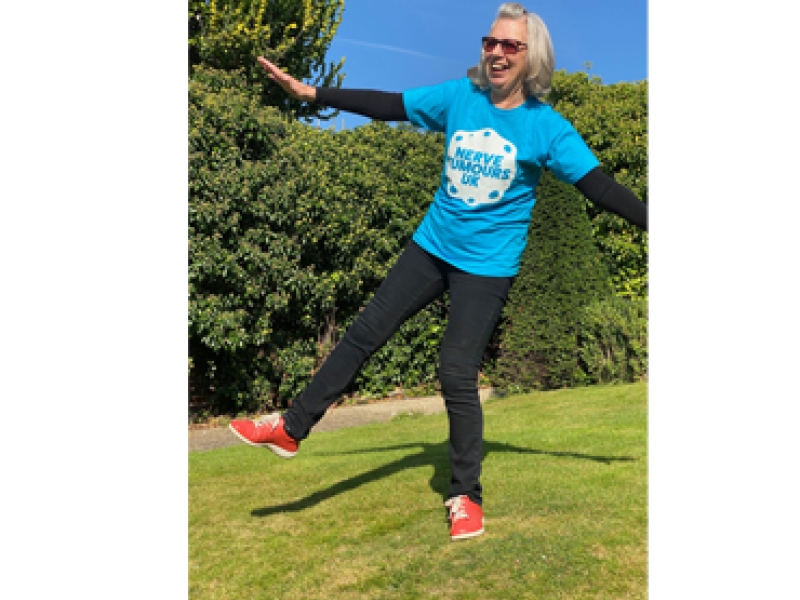
Tricia’s Wingwalk and Birthday Fundraiser for Sarah and Keith
Tricia's fundraising wingwalk in memory of her daughter Sarah who had NF1, and to remember her father Keith
Read More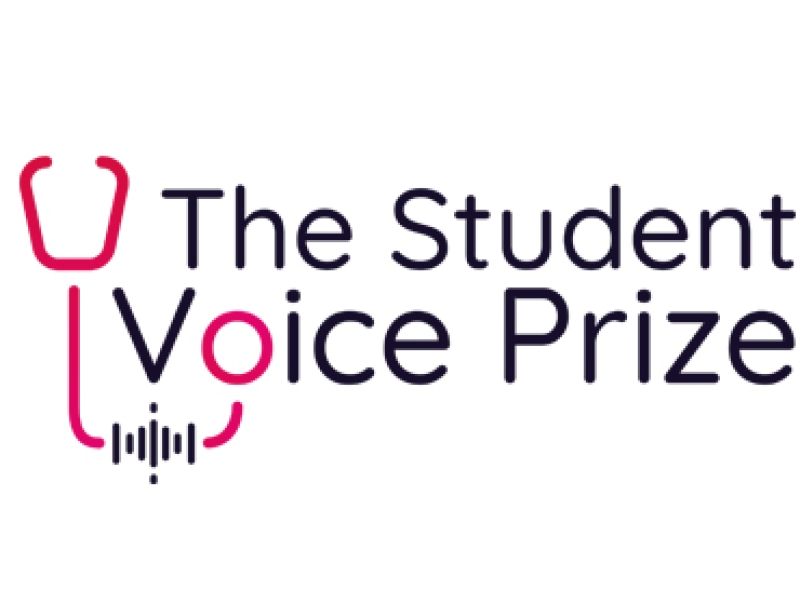
Student Voice Prize 2021
The 2021 Student Voice Prize opens on 6th October! #DareToThinkRare for the 8th annual essay competition!
Read More


